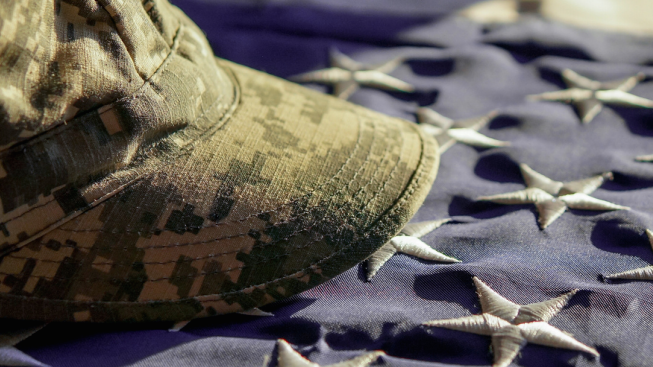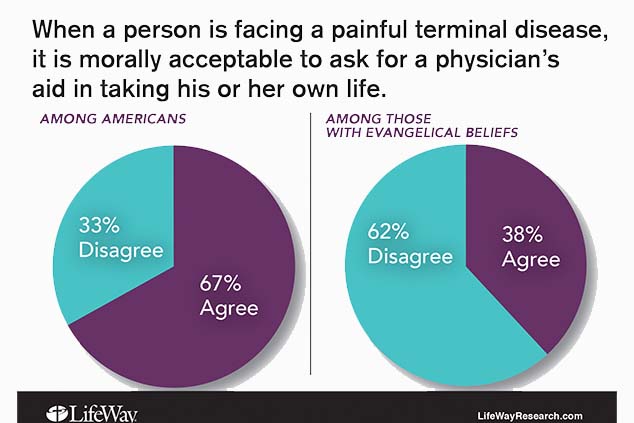The Supreme Court will soon hear the case of a Texas death row inmate who wants his pastor to be present as he dies, one in a series of cases involving the role of spiritual advisers during executions.
On Sept. 8, the Supreme Court halted the execution of John Ramirez, who was convicted of capital murder in 2008 for killing and robbing a Corpus Christi convenience store clerk. Ramirez argued that refusing to allow his pastor to lay hands on him and pray during his execution by lethal injection violated his freedom to exercise his religion. The Supreme Court directed that Ramirez’ case be fast-tracked with oral argument set for October or November.
On Sept. 9, Alabama said it will allow a death row inmate’s pastor to hold his hand during a lethal injection next month.
Lawyers for the State of Alabama wrote in a June court document that inmates can now have a personal spiritual adviser present with them in the execution chamber and the adviser will be allowed to touch them. The agreement settled litigation over Alabama inmate Willie Smith’s request to have his personal pastor with him as he is put to death. Smith was convicted of the 1991 kidnapping and murder of 22-year-old Sharma Ruth Johnson in Birmingham.
Pastoral presence
Smith’s execution was called off in February after an injunction issued by the 11th U.S. Circuit Court of Appeals said he could not be executed without his pastor present in the chamber.
According to court documents, Smith’s spiritual adviser can: anoint the inmate’s head with oil; pray with the inmate and hold his hand as the execution begins, as long as the adviser steps away before the consciousness assessment is performed; and remain in the execution chamber until the curtains to the witness rooms are drawn.
The state wrote in court filings that it will inform other inmates of their opportunity to select a spiritual adviser to accompany them in the execution chamber. However, it noted that the pastor will not be in the chamber when the time of death is called to protect the privacy of the person who performs that function.
In the past, Alabama routinely placed a Christian prison chaplain employed by the state in the execution chamber to pray with an inmate if requested. The state stopped that practice after a Muslim inmate asked to have an imam present. The prison system, which did not have a Muslim cleric on staff, maintained until recently that nonprison staff would not be allowed in the chamber.





Share with others: